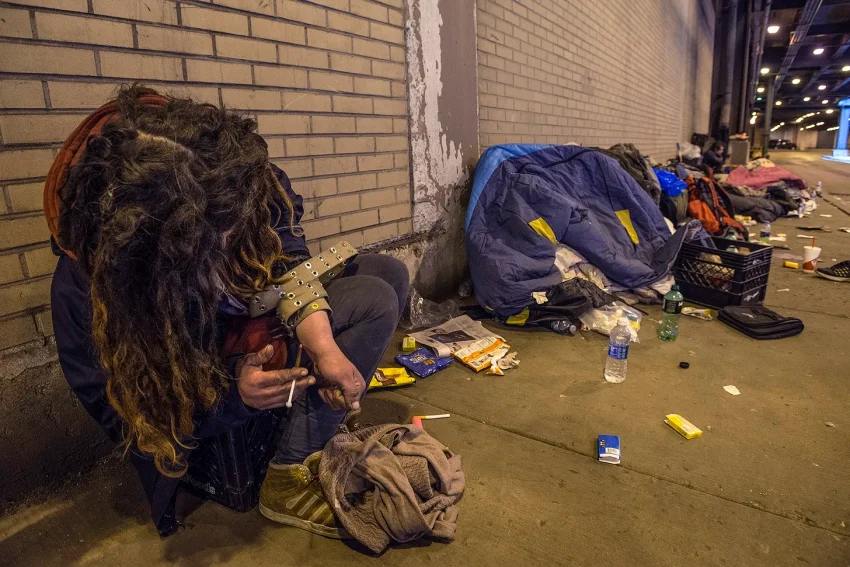by Nat Winn
I recently attended a panel on Proposition 1 at a California based virtual conference.
According to the California Budget and Policy Center website, Prop 1:
“Prop. 1 was a two-part measure that 1) amended California’s Mental Health Services Act and 2) created a $6.38 billion general obligation bond. The bond will fund behavioral health treatment and residential facilities, and supportive housing for veterans and individuals at risk of or experiencing homelessness with behavioral health challenges.”
Critics of the bill say that it will have the affect of forcing individuals into treatment and cutting community based services to mental health.
For instance, the League of Women Voters of California states:
“The bond portion of the measure was rushed through the legislature with last-minute amendments that opened the door to funding involuntary treatment in locked facilities. The rushed nature of these amendments precluded substantive debate and ignored arguments from diverse community-based organizations and health care and civil rights advocates. These groups contend that community-based care is more effective than institutionalization and that incentivizing institutionalization will both lead to worse health outcomes and curtail individual liberties.”
The conference was about supervising peer workers in the mental health field. I am both a supervisor of peers and a peer myself. And of course in NYC, the current mayor is trying to pass laws similar to Prop 1.
I can say that the peer movement as a movement is generally against laws like Prop 1 and involuntary treatment and I tend to agree there. They call for more community based services and particularly, more community based services that are run by peers.
A peer is an individual with lived experience in the mental health system that assists other individuals who are navigating the system. Many states in the U.S. have professionalized the role of peer support and created certifications that one must obtain to provide peer services within the mental health system itself.
I work in such programs, working to help individuals with a mental health diagnosis to find employment or education, that can actually be very positive socially for people dealing with a mental health challenge.
As a communist, I would also point to how harmful drug use was dealt with in China and historically in socialist countries in general. China had a huge opium problem and was able to resolve it successfully in the time when Mao was alive. They did so by providing rehabilitation to the drug users without criminalizing them and also helping them to find housing and work. They also tied the sobriety of the drug users to the success of the revolution as a whole. There is a compulsory nature to solving these issues, however, it should be clear that the communist resolution was non punitive and non carceral. The communists also cut off the supply of opium by going after the big drug lords who were dealt with in a more harsh manner.
Basically, I think as communists it is our job to expose the bankruptcy of this system, how it causes the problems of homelessness and drug use epidemics. It is not necessarily our work to solve these issues under capitalism.
At the same time to the extent we can meet peoples needs, I do think we want to promote non coercive, non carceral solutions to the homelessness and drug use problems in the places where we can affect such solutions. Recognizing that both now and under socialism, these are problems and contradictions among the people, and should be handled in those non-punitive ways.
An earlier version of this article appeared on Nat Win’s Substack.

